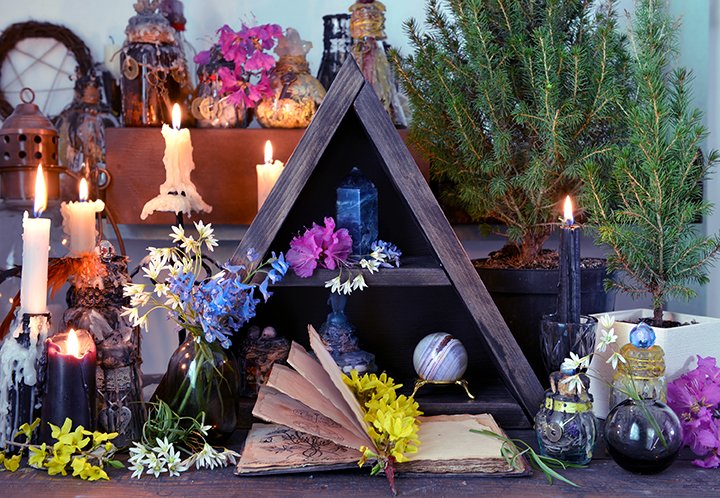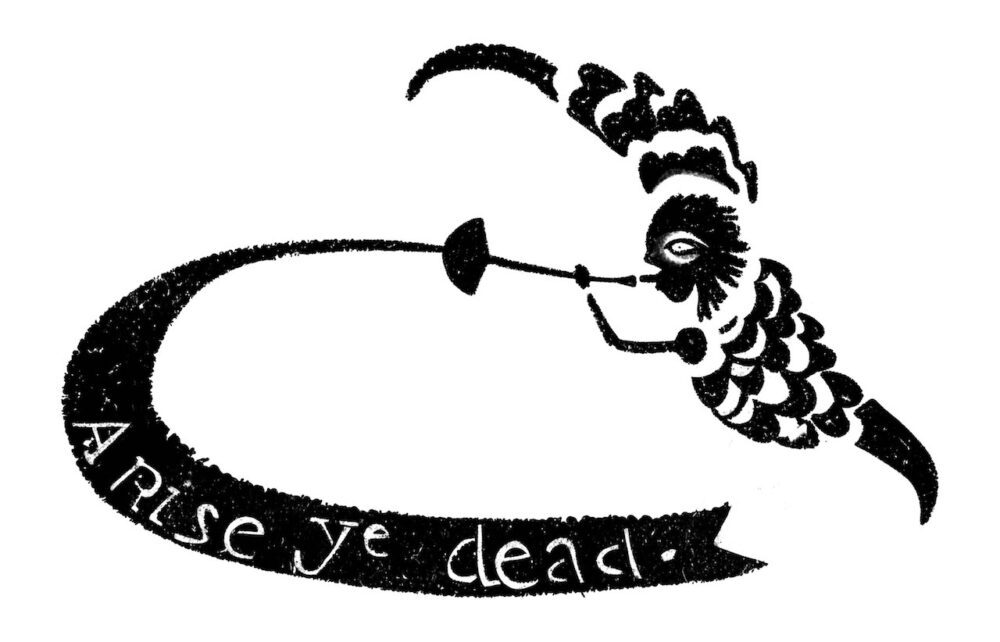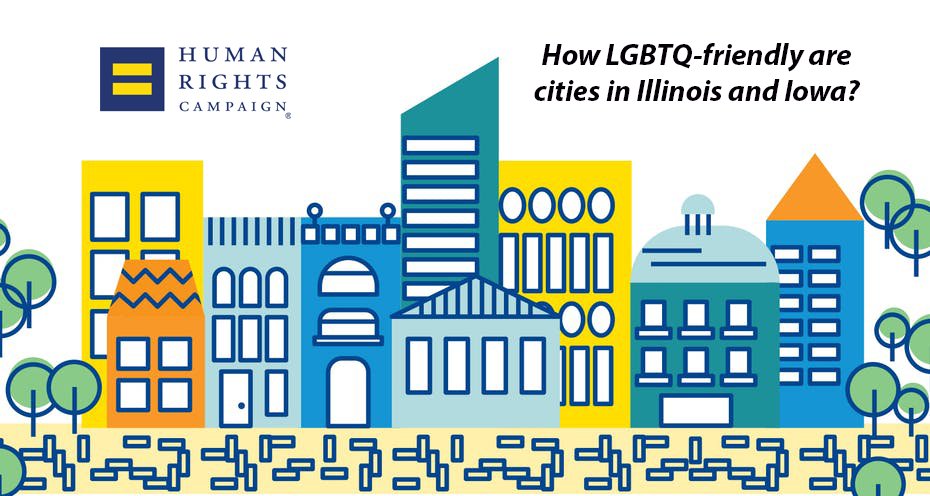In this time of coronavirus, money can be tight. More than ever, as a modern world, we are focusing on the things we purchase, collect and forage (can you say toilet paper) to fulfill our own personal needs and desires.
But amid this frenzy, we can still find rituals that help us recognize things like the hope in the busy work of the bees, the budding trees, and the songs of the birds. Paganism and wicca are filled with these kinds of rituals, that guide us to honor the Earth and how it provides for us and takes care of us. Beltane, coming May 1, is one of them.
Originally practiced as a Gaelic May Day festival, Beltane is the halfway point between the spring and summer equinox. Its name comes from ‘Bel’, the Celtic sun god Belenos who is often depicted as a fiery solar figure or carrying fire.
In Wiccan and pagan practices, fire symbolizes cleansing or protection. Until the nineteenth century, villages in Ireland and Scotland would light bonfires for Beltane and walk their livestock between the fires to protect the animals from disease. Fires in the home were then doused and relit using the giant bonfire as a community ritual for the coming season of tending to their resources.
Fertility, sex, lovers and creation are also part of Beltane. Though sex can be part of a Beltane ritual, and heterosexual connections are historically featured, there are also many ways to honor this ritual without a heterosexual partner, or even sex.
For instance, you can leave behind the sensual aspect and focus on creativity, take up a cause, or talk about other kinds of love. This is especially fitting to celebrate Beltane with children. Yvonne Aburrow offers many other non-sexual ways to honor Beltane in her Patheos column. Her ideas for what she calls Blue Beltane include story-telling, building an altar, or even focusing on the love of grieving and mourning.
In the old days, pagans recognized fertility with prairie burns, when the ash generated by prairie burns turns to rich oxygen for the soil to begin anew. Today, we can honor the idea of fertility with gardening, starting a new relationship or ending one. Both inspire us into a give and take dynamic, aiming for a good harvest, or a positive outcome.
Here are even more ways to honor Beltane:
- Create a Maypole, or braid someone’s hair, which is considered in the pagan faith to be a symbol of the interwovenness between lovers and Universe.
- Create May Day baskets using treasures of nature like twigs and flowers, or construction paper. Fill your May Day baskets with baked goods or flowers and give them generously with the motive of creating an overall sense of joy. The key is, use whatever you already have or what is around you to share joy with others.
- Dress trees in your neighborhood in flowers or any natural element that will cause no harm, as a way to honor the trees that symbolize Beltane (birch, hawthorne and rowan trees).
- Dance and sing around fire to honor the significance of fire and its protective, cleansing qualities in the Beltane tradition.
- Weave a flower crown to wear or cast to the water spirits in a nearby body of water. This is a way to honor one of the four elements.
- If you have an altar space in your personal space bring a bit of Beltane indoors. Adorn your altar with flowers or herbs you find growing around you.
- Light a candle — another way to honor the element of fire, if you are indoors or prefer a more solitary ritual.
- Wear the Beltane colors: yellow for joy, red for passion, green for abundance, white for purity, and purple to represent spiritual growth.
- Remember how I told you about those cows? You can honor Beltane in the same way by (don’t laugh) jumping over a lit candle. Silly as it may sound, this is a wonderful tradition to symbolize sending yourself forth to the fertility of summer’s energy.
Whatever way you choose to celebrate Beltane, since all of these rituals involve elements of nature, remember to forage with care and respect wildlife!
The Beltane rituals are one of many ways that we as pagans seek guidance. Beltane ceremonies and gatherings are also where covens and other pagan communities come together to welcome the next season.
For those who are not pagan, participating in old traditions like Beltane can help remind us of a simpler way of life. You can still appreciate Beltane for how it helps us find beauty in the small things — something that can benefit us all in the age of coronavirus.
Christine Hawes contributed to this article.






